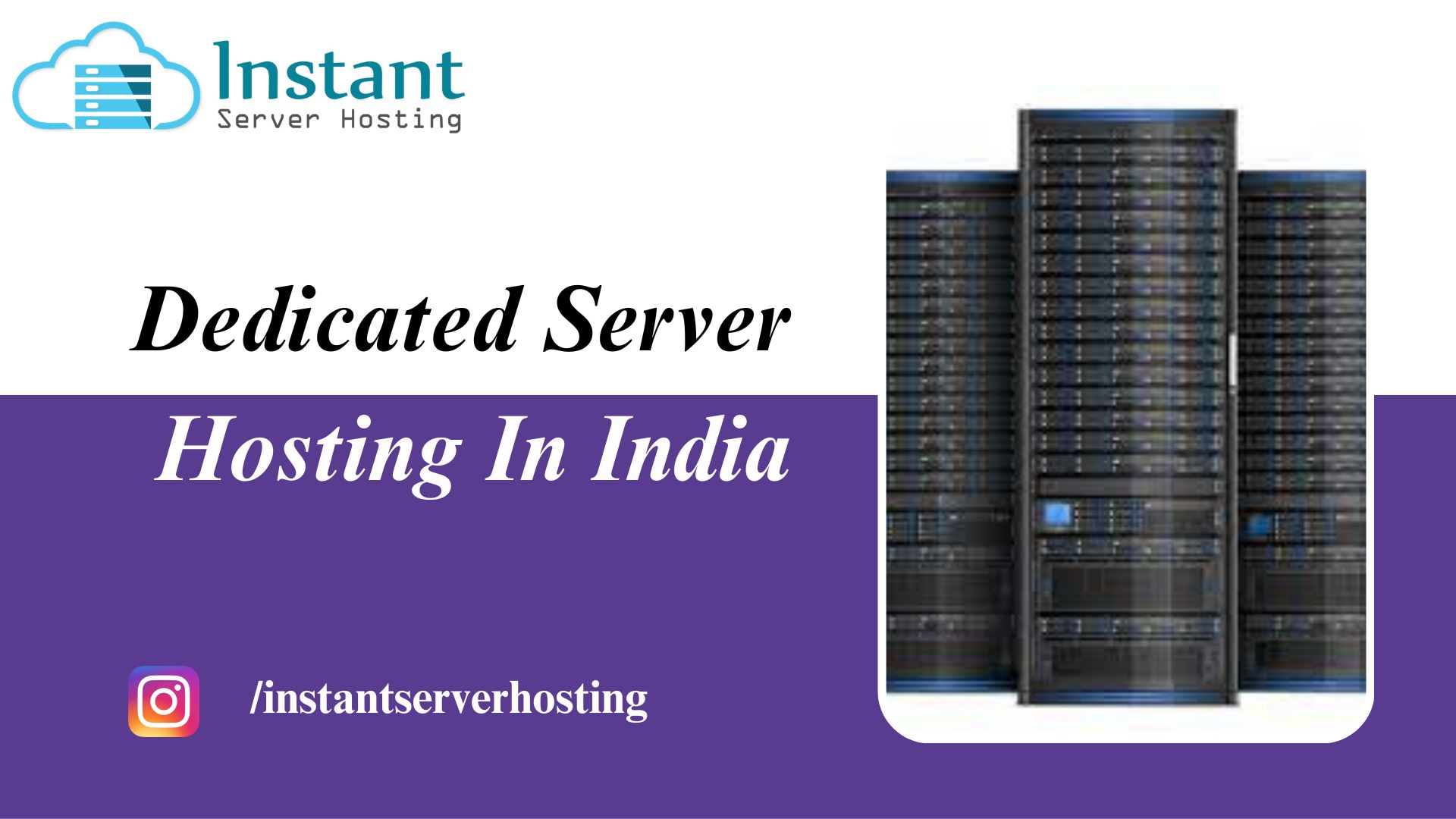The digital transformation era has brought about a fundamental shift in the way businesses operate, with cloud computing at the forefront. For many organizations, migrating to the cloud is no longer a matter of if but when. In this comprehensive guide, we will explore the key considerations for a successful cloud transition. Whether you’re a software development company looking to optimize your software development services or an enterprise in need of cloud app development services, understanding these factors is essential. Let’s delve into the world of cloud consulting services, particularly in the UK, and the critical aspects of migrating to the cloud.
I. Assessing Your Needs
Understanding Your Objectives
Before embarking on a cloud transition journey, it’s crucial to define your objectives. Are you seeking to reduce costs, improve scalability, enhance security, or all of the above? For software development companies, this might involve optimizing infrastructure to support agile development.
Software and Data Inventory
Conduct a thorough inventory of your software applications and data. Determine which components can be migrated to the cloud, which may require modification, and which should remain on-premises. This assessment is a fundamental step for software development services planning to leverage cloud resources effectively.
II. Choosing the Right Cloud Model
Public, Private, or Hybrid?
One of the first decisions is selecting the appropriate cloud model. Public clouds offer scalability and cost-efficiency, while private clouds provide more control and security. Hybrid clouds combine both, offering flexibility. The choice depends on your software development company’s specific needs and compliance requirements.
Selecting Cloud Service Providers
Research and choose cloud service providers that align with your goals. Consider factors like the provider’s reputation, available services, pricing, and data center locations. Cloud consulting services can assist in this selection, especially in the UK, where data privacy and compliance are paramount.
III. Security and Compliance
Data Protection and Privacy
Addressing data security and compliance is non-negotiable. Ensure that your cloud transition plan includes robust security measures, encryption protocols, and compliance with industry standards. For software development companies, this is crucial when handling client data.
Regulatory Considerations
Different regions may have specific data protection regulations. In the UK, GDPR compliance is a significant concern. Partner with cloud consulting services well-versed in local regulations to avoid legal complications.
IV. Planning and Execution
Migration Strategy
Develop a migration strategy that outlines the sequence of migration, testing procedures, and rollback plans in case of issues. For software development services, this strategy should minimize disruption to ongoing projects.
Testing and Validation
Rigorous testing is essential to ensure that applications and data function correctly in the cloud environment. Consider conducting load testing, security assessments, and disaster recovery drills to validate the cloud transition.
V. Monitoring and Optimization
Continuous Monitoring
After migration, establish robust monitoring and performance management systems. This allows for real-time visibility into your cloud infrastructure’s health and helps identify and address issues promptly.
Cost Management
Cloud costs can spiral if not managed efficiently. Implement cost management strategies, such as rightsizing resources and using cloud cost optimization tools. This is particularly beneficial for software development companies aiming to maximize their ROI.
VI. Employee Training and Change Management
Training Programs
Provide training and resources to your employees to adapt to the cloud environment. Ensure that your software development team is well-equipped to utilize cloud resources effectively in their software development services.
Change Management
A successful cloud transition often requires a change in organizational culture and processes. Implement change management strategies to facilitate a smooth transition and foster a cloud-first mindset.
Conclusion
Migrating to the cloud is a transformative journey that can reshape your organization’s capabilities, whether you’re a software development company seeking to enhance software development services or an enterprise looking to optimize cloud app development services. By carefully assessing your needs, choosing the right cloud model, prioritizing security and compliance, planning meticulously, monitoring continuously, and investing in employee training, you can navigate this transition successfully. Cloud consulting services in the UK, can provide invaluable expertise and support throughout the process, ensuring a smooth and efficient migration to the cloud. Embrace the cloud revolution and unlock new opportunities for growth and innovation in the digital age.




